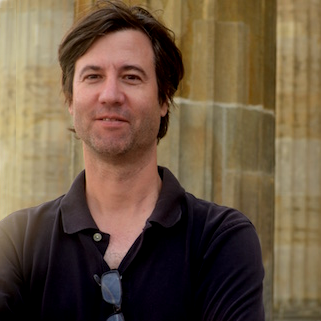About the Religion and Culture course block
Explore complex societies and cultures, past and present, through the lens of religious belief and practice. In these courses, you study the impact of past traditions, practices, beliefs, and identities on a range of contemporary cultures. Engaging with sources and methods of analysis from different fields such as religious studies, history, art, archaeology, gender studies, politics, and economics, you learn how to combine multiple perspectives and methodologies to reach a more nuanced understanding of the role of religion throughout history.
Penn LPS Online courses in Religion and Culture are offered on an accelerated (8-week) schedule. Courses in the block are largely asynchronous with some optional synchronous sessions to be scheduled by the instructors.
All Penn LPS Online courses offer academic credit.*
*Academic credit is defined by the University of Pennsylvania as a course unit (c.u.). A course unit (c.u.) is a general measure of academic work over a period of time, typically a term (semester or summer). A c.u. (or a fraction of a c.u.) represents different types of academic work across different types of academic programs and is the basic unit of progress toward a degree. One c.u. is usually converted to a four-semester-hour course.
The Religion and Culture course block prepares you to:
- Understand key historical themes and issues from the ancient world to the present
- Interpret literary and historical texts and sources to understand the role of religion in different cultures and times
- Examine religion from different perspectives, including gender, politics, and economics
- Combine perspectives from a variety of disciplines, including religious studies, history, economics, cultural anthropology, sociology, literary studies, and politics
- Study how the varied history of religion informs contemporary cultures, politics, and societies
- Research and write about complex topics in religion and culture studies for a range of audiences
Courses
- CLSC 1000: Greek and Roman Mythology
- RELC 2000: Gods, Ghosts, and Monsters
- RELC 2500: Asian Religions
Courses are subject to change.


